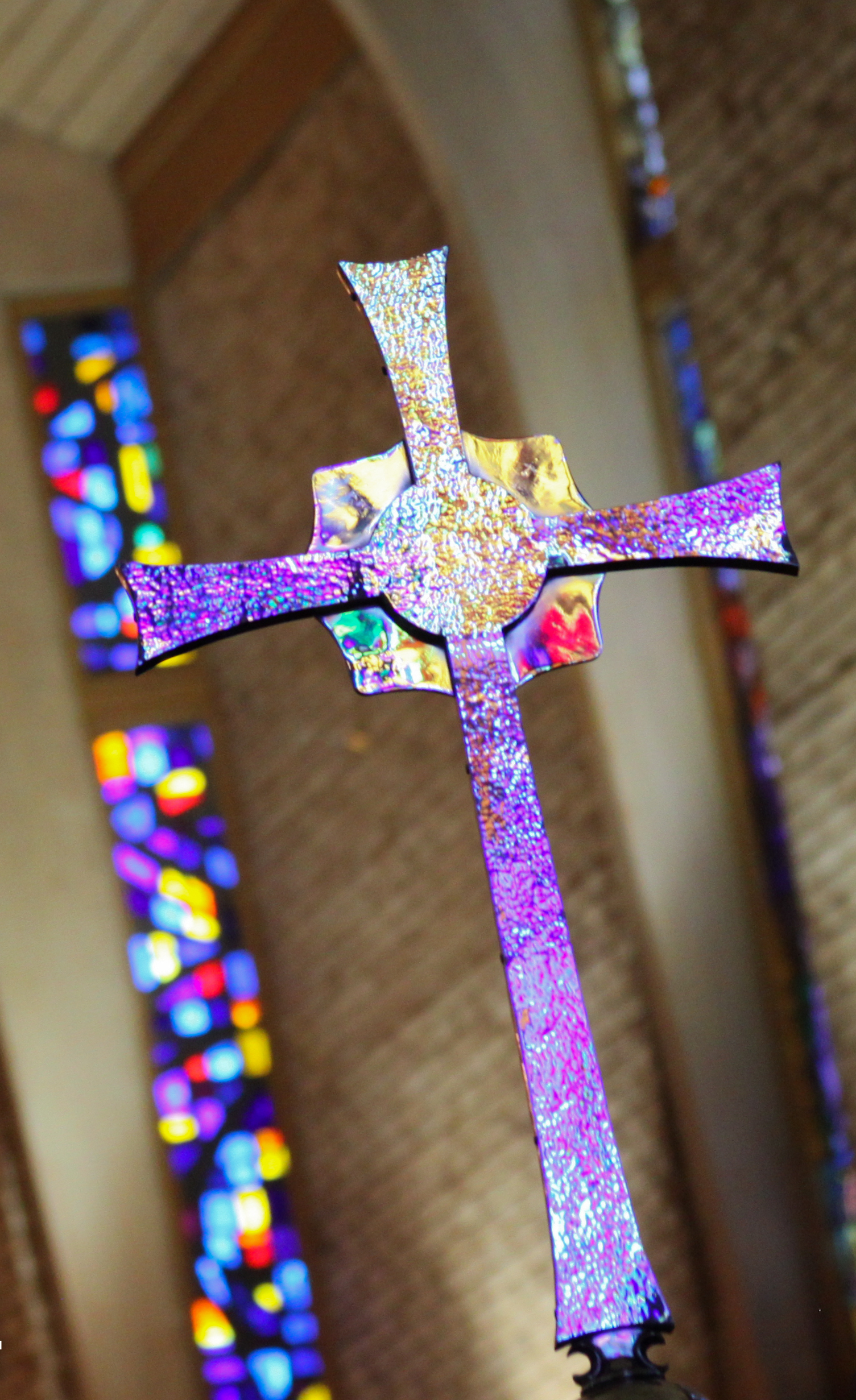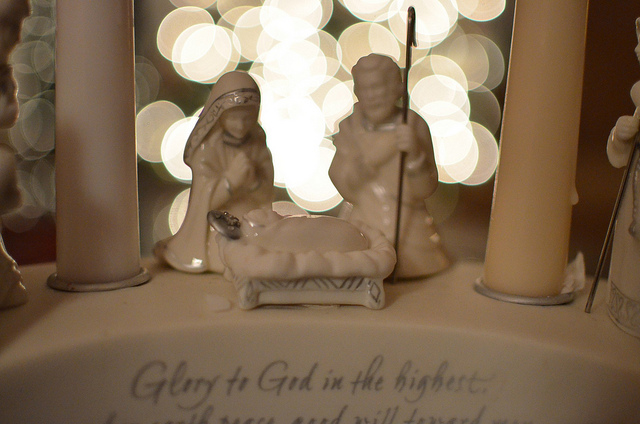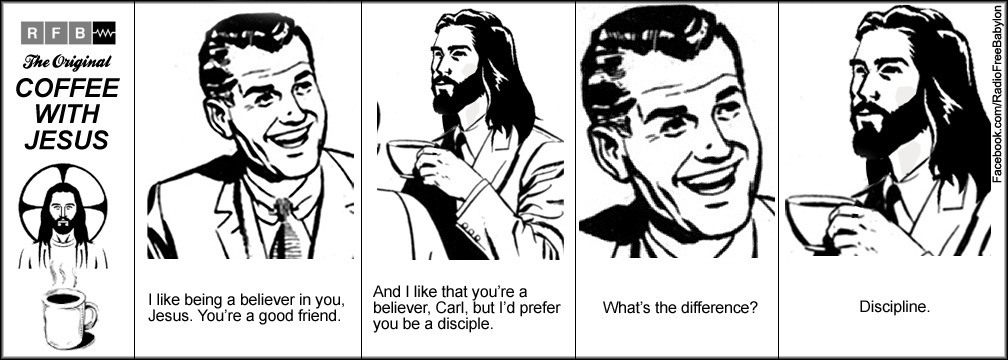PJ sent this along via email. A very humorous article providing neologisms for the church world. A few examples.
There’s a word for it
by Rodney ClappA neologism takes hold in our vocabulary when it crisply encapsulates an activity, event or category that people intuitively understand but which has not yet been labeled. Several regular church happenings have yet to be labeled. What follows are some suggestions for naming if not claiming these familiar phenomena:
Egocessory prayer: A public prayer centered more on the pray-er and his or her eloquence and cleverness than on God.
Pewburn: Posterial malady of those who hustle from church immediately after the service ends. “The Gleasons were out of here so fast this morning they got pewburn.”
Glibertarian: Theo logi cally, this refers to those who are indifferent to issues of doctrine and thoughtlessly dismiss them. More generally, it refers to those with a weak sense of the common good who actually believe that the phrase “God helps those who helps themselves” is in the Bible.
Lexlexia: When the pastor mistakenly preaches on a lectionary text not assigned for the day.
Homhal, short for homiletical hallucination: When people confuse their daydreaming or free associations with something the preacher said. “Ben Franks had a homhal—he thanked me for quoting Roy D. Mercer on catfish noodling. I’ve never even heard of Roy D. Mercer or of catfish noodling.”
Fliturgy: A hyperactive worship service designed for short attention spans—with a sermon under ten minutes, no more than two verses of any song sung, and prayer time limited to two minutes.
Osteentatious: Unrelentingly upbeat. “Pas tor Greg was a little too osteentatious for that occasion, don’t you think?”
Falter call: A conclusion of a sermon or exhortation that falls flat, ending anticlimactically or ineffectively. “It was a strong sermon, but it limped to the end with that falter call.”
Definitely worth a quick read.




